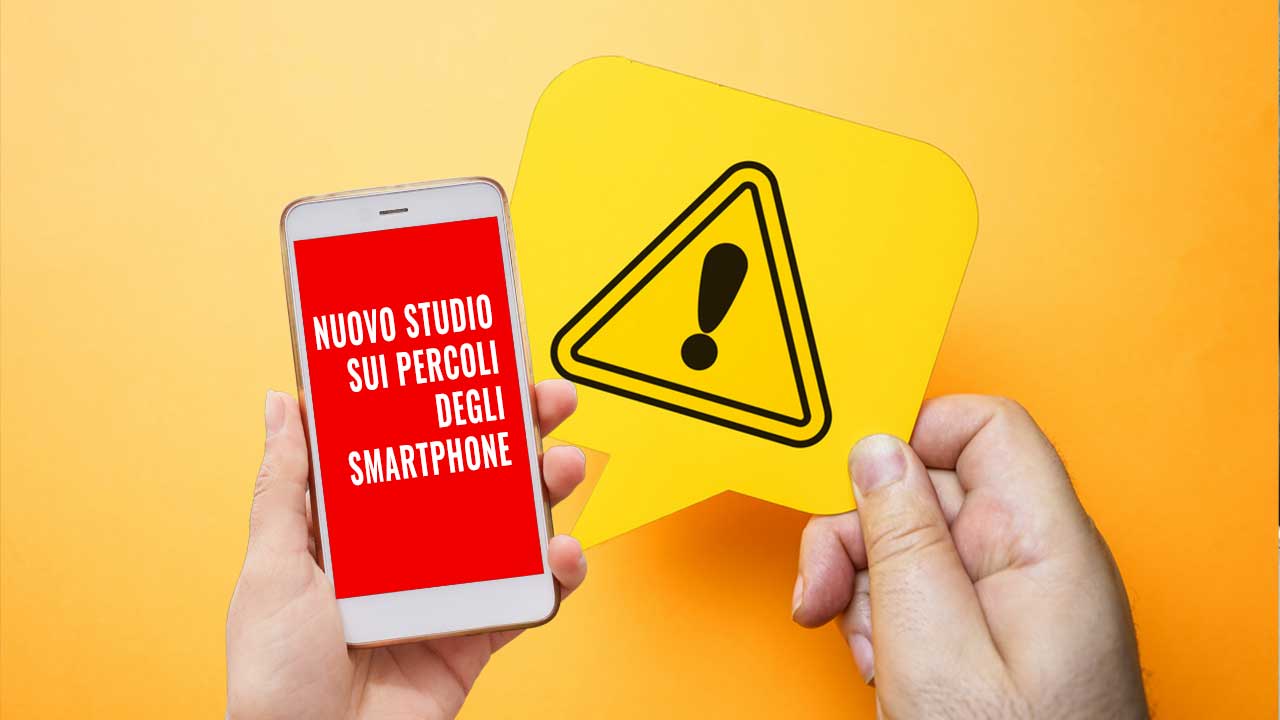Can smartphones be bad for our health? Some studies confirm both psychological and physical problems.
The smartphone has become a fundamental element of our daily life and accompanies us practically everywhere, most likely the first thing we use in the morning and the last thing before falling asleep.
However, the prolonged use of this device can actually pose some risks to our health. In particular, the constant use of the very young is worrying, often too tied to their smartphones in an extremely sensitive age.
Research on minors
Excessive use of computer screens and smartphones is becoming a concern for health and education authorities regarding children and adolescents. However, some recent reviews argue that the evidence to support excessive smartphone use as an addictive behavior is scant.
Some scholars have argued that there are insufficient behavioral and neurobiological similarities between excessive smartphone use and other addictive behaviors, while others have classified excessive cell phone use as a form of Internet use disorder.
Since smartphones are used for different purposes, such as gaming, social networking services and watching videos, excessive use can have different characteristics depending on the type of use.
In general, minors tend to develop attention disorders more easily or, in cases of family problems, emotional and relational difficulties if they use a smartphone for too long.
Addictive even for adults
While exact definitions vary, smartphone addiction can include obsessive checking or use of the phone, feeling shaky when away from the phone, and phone use that interferes with social life or other activities, according to the law. ‘International Journal of Cognition and Behaviour. Sometimes it is connected to a general addiction to the Internet.
Also, smartphone addiction or overuse is a common problem for many people, so you’re not alone if browsing takes up more of your time than you’d like. According to Harvard University, smartphones provide the brain with a rush of social stimulation thanks to constant texting and social media notifications, making it difficult to look away. No wonder many people find it difficult to ignore the phone for long periods of time.
Migraine problems?
Excessive use of our devices is not only a problem for minors, but also for our health.
Migraine is a pervasive neurological disorder associated with headaches. Migraine can be debilitating and detrimental to the patient’s functioning. Despite this, research on the effect of smartphone use on migraine symptomatology is limited.
Mehwish Butt and colleagues used 400 adult smartphone users as a sample. Participants were recruited between August 2021 and January 2022 from two private hospital neurology clinics in Pakistan. To be included in the study, the participants they had to use their smartphone for more than 30 minutes a day. Exclusion criteria included other neurological, vascular, or psychiatric disorders.

Participants completed measures on demographic information, problematic phone use, pain severity, migraine-related disability, quality of life, sleepiness, and sleep quality. Participants were separated into a high cell phone use group and a low cell phone use group based on the above measures.
The results showed that among the participants who had high smartphone use, the severity of migraine pain was significantly greater compared to participants who had low smartphone use. Migraine frequency did not differ significantly between groups, but was slightly higher in the low smartphone use group.
Participants in the low smartphone use group reported that the medications helped relieve pain intensity more than did the participants who used the most cell phones. The group that used the phone lightly reported higher levels of disability, while the group that used the phone a lot reported worse sleep quality and greater physical discomfort.
A reliable study?
This study took steps to better understand the relationship between migraine and smartphone use. However, there are limitations to note. First, this study is cross-sectional and does not allow for causal conclusions. Furthermore, this study used all self-report measures, which are particularly vulnerable to bias and memory problems. Finally, there are many factors that can influence migraineall of which could not be controlled for or identified for this study.
“More research is needed to understand the mechanism behind smartphone use and its negative consequences, and to identify an effective treatment for these subjects”the researchers stated.
